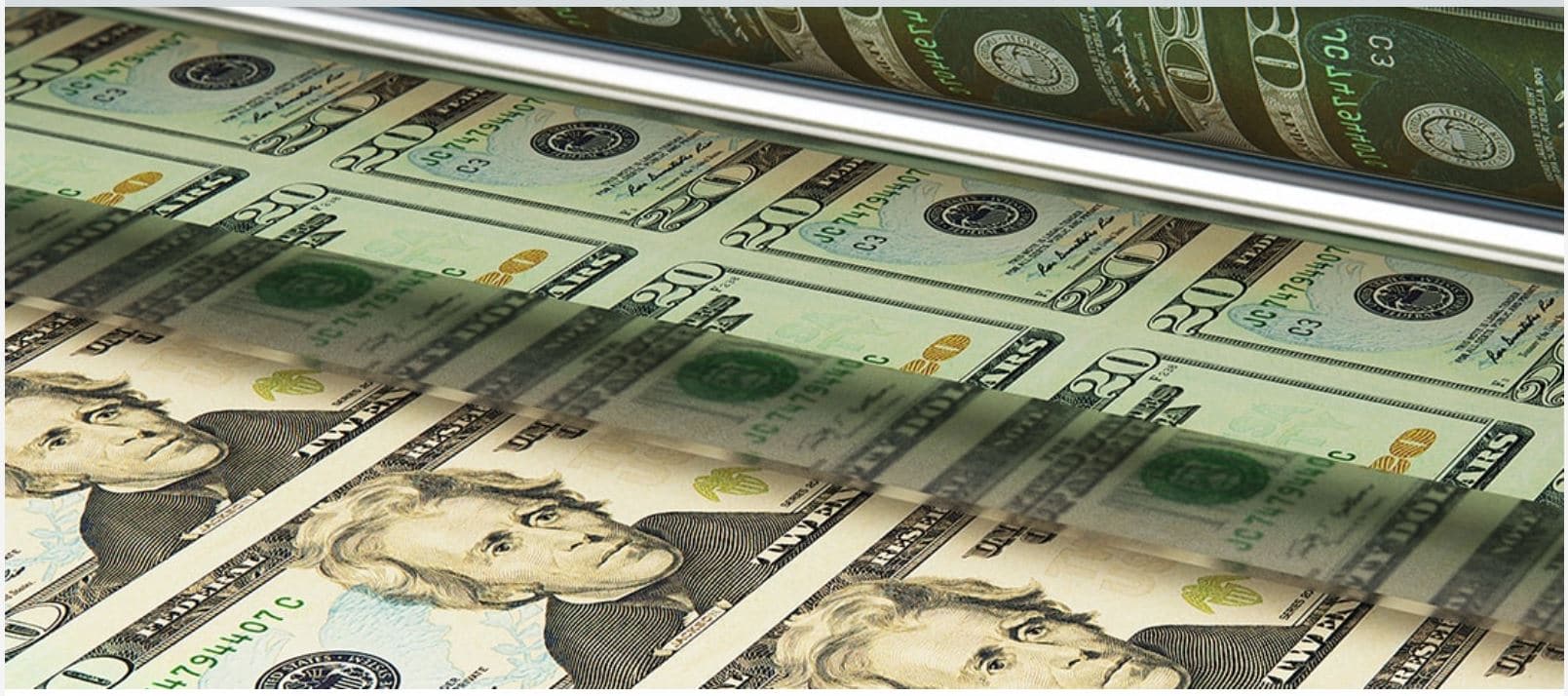2017 was a bad year for the credit industry- data breaches and multiple lawsuits. But it’s becoming apparent that Americans overall are going to have a worse 2018 compared to last year as the trend of acquiring more debt increases. Aside from having to shell out money for damages caused in 2017, the credit industry will have a very lucrative 2018 even after paying fines and settlements thanks in part to the American consumer.
Factors contributing to increasing credit card debt among Americans includes more access by those considered ‘subprime borrowers,’ increased costs for food and housing and continuous spending on unnecessary items. After all, we are a society that values keeping up with the Jones’ which causes many to borrow to achieve the lifestyle they desire. But at what expense?
If your debt level has outpaced your savings, it may be time you take a serious look at your financial picture.
You should be decreasing your debt and increasing your savings (retirement, personal, emergency) over time. The latest Financial Security Index Survey from Bankrate shows the opposite is happening. Surprisingly 17% of Americans indicated that they have no credit card debt, but also have no savings to show for it! Americans are failing to realize that their savings need to outpace their debt. Preparing by having an emergency fund to offset a health-related condition that prevents working or retirement planning to someday retire without decreasing lifestyles can only happen when debt is under control or eliminated.
Here are a few facts about credit you need to consider:
- Having your credit score accessed frequently will affect your score. You will lower your score due to multiple inquiries if the inquiries are to obtain credit, not for other reasons such as employment. Avoid accepting every credit offer you’re getting at the check-out.
- Only paying the minimum payment each month will hurt you. The higher the balance and the length of time you carry a balance has a negative effect on your financial health and credit score over time.
- Not every credit score that you access online is a true FICO score and may not be the one your lender uses. If you apply for credit, the lender has to provide you a copy of the score they received when they pulled your credit; don’t be fooled into believing credit cards are the access point to bank lending for home, auto, and other loans.
- Late payments lower your score. Even one a year has a negative result on your ability to secure loans.
- Employment history doesn’t affect credit scores, but some lenders look at employment history to determine if you’re financially stable enough to make monthly payments.
- The more you make and save doesn’t help a credit score. Your bank accounts and investment accounts are not a part of the FICO (debt) calculation, but if you don’t have anything left over at the end of the month because of your debt, you can’t save and invest.
- Bad Credit never goes away. It takes seven years to remove bankruptcy and collections on credit, but over time it does go away, and your score can improve if you’ve managed your credit positively.




